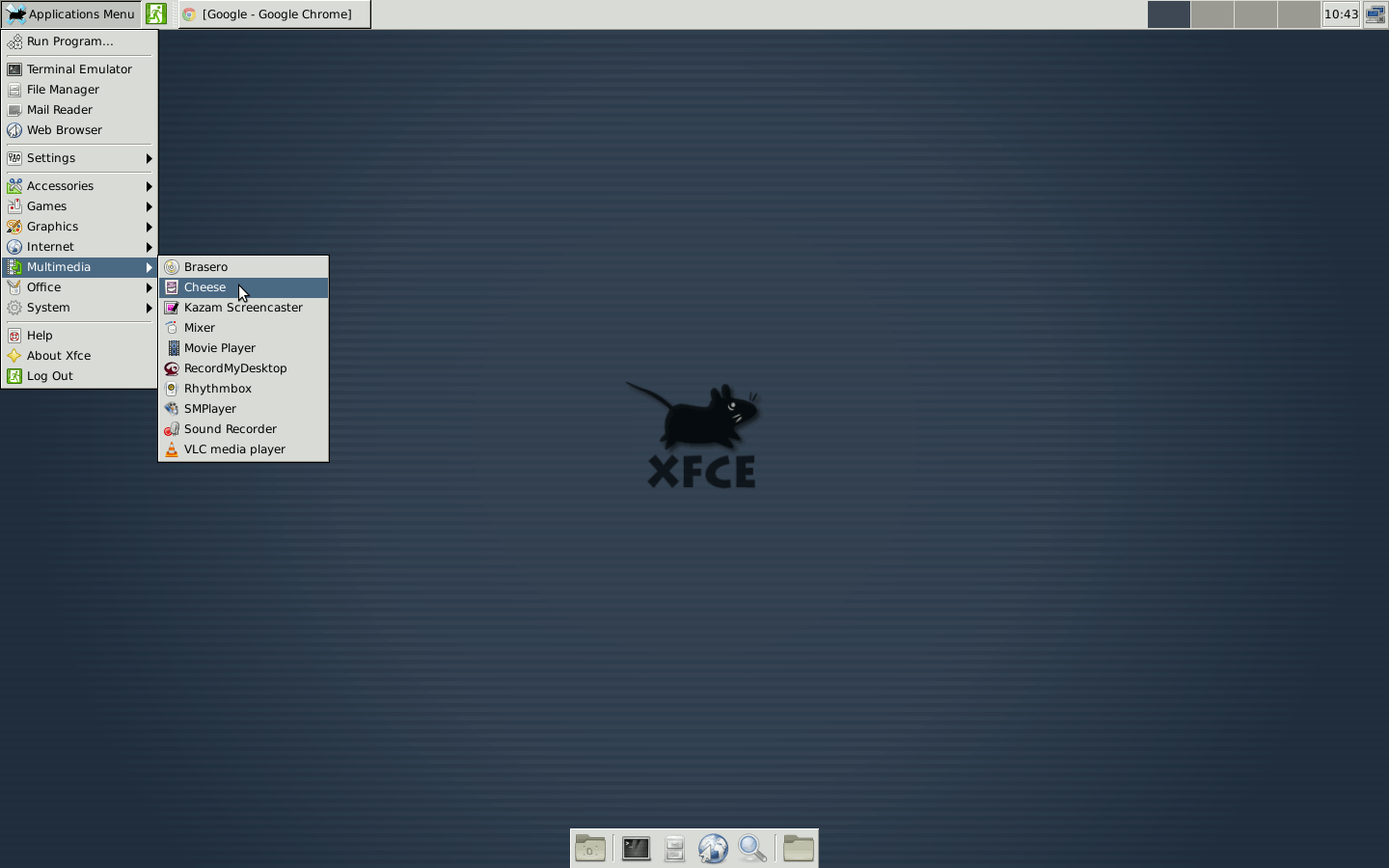CommanderFrank
Cat Can't Scratch It
- Joined
- May 9, 2000
- Messages
- 75,399
Canonical is taking advantage of the end of support for Windows XP and the negative reception Windows 8/8.1/8.11 is receiving and promoting the release of Ubuntu 14.04 LTS as the perfect replacement operating system.
"It is a viable and affordable alternative for those organizations considering a switch from Microsoft, and specifically those replacing XP or Windows 7 as they come to the end of life."
![[H]ard|Forum](/styles/hardforum/xenforo/logo_dark.png)


